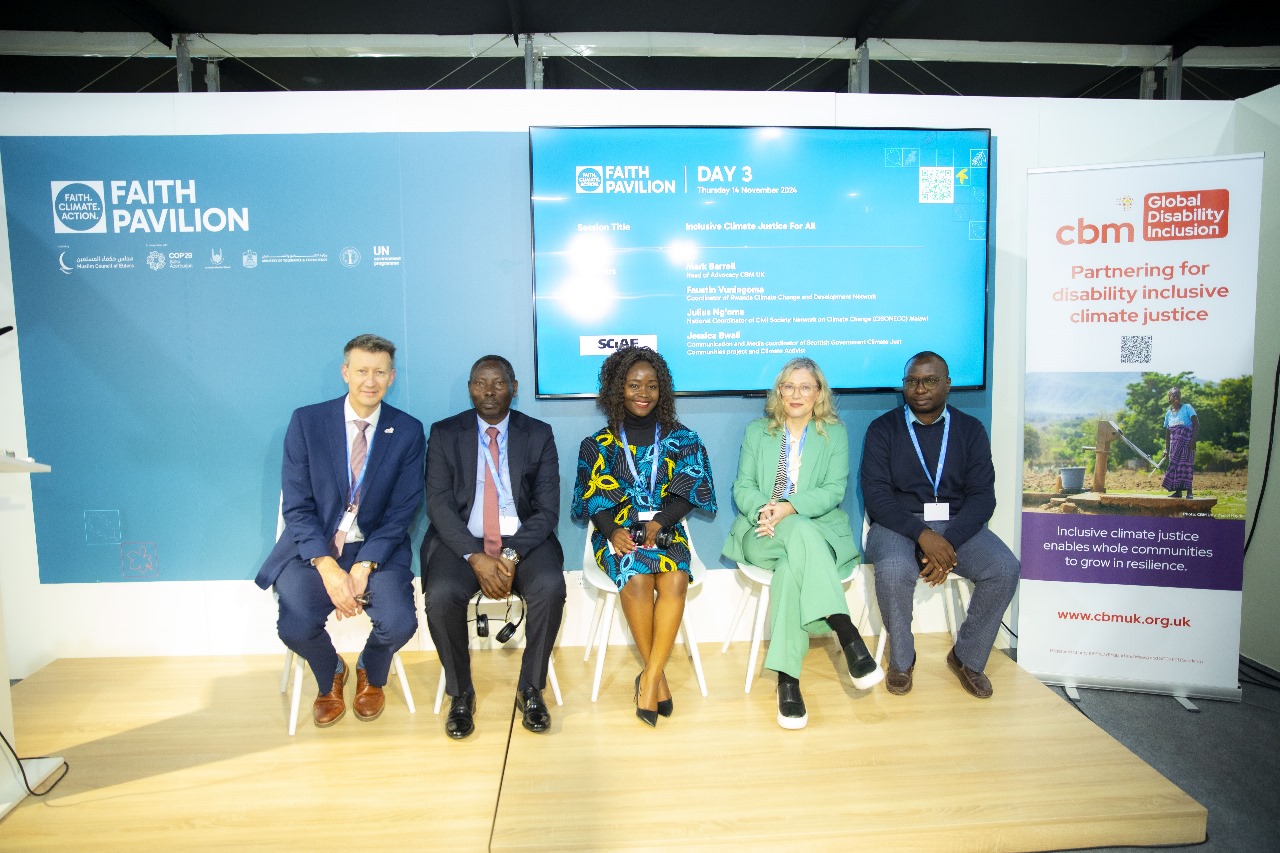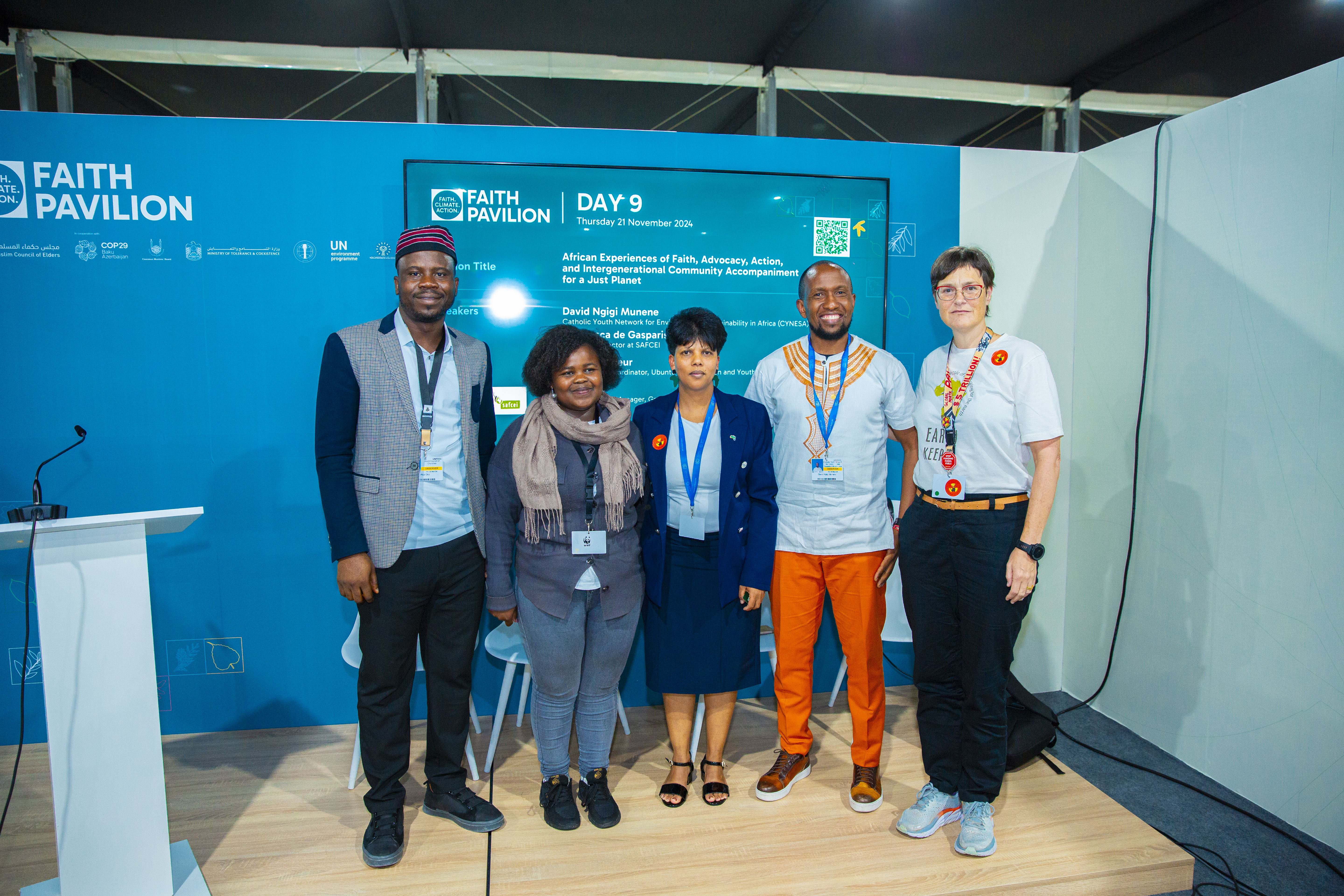The Muslim Council of Elders participated in a press conference titled "Peace and Cooperation to Enhance Ambitious Climate Action," as part of the 29th session of the Conference of the Parties to the United Nations Framework Convention on Climate Change, hosted by Baku, Azerbaijan, from November 12 to 22.
In his address at the press conference, Mr. Mohammed Bahr, Director of Strategic Planning at the Muslim Council of Elders, emphasized that the Faith Pavilion represents a pivotal turning point in the trajectory of global climate action. It aligns with the Council's vision of empowering religious leaders as moral voices with the profound ability to influence communities. This capacity, he noted, allows them to garner community and popular support, fostering behaviors that are crucial for the planet's protection. Additionally, he underscored the importance of integrating religious figures and organizations into climate dialogues, establishing an indispensable link between environmental policies and the humanitarian values essential for enacting real and impactful change.
He added that the Muslim Council of Elders' initiative, represented by the Faith Pavilion—first launched at COP28 and now in its second iteration at COP29—is a tangible embodiment of this vision. The pavilion opens up new avenues for collaboration between policymakers and religious leaders, thereby strengthening sustainable climate solutions. This is particularly crucial as the pressing climate challenges that threaten our planet's future necessitate strategic partnerships across all sectors.
The Faith Pavilion embodies hope and unity. It serves as an open platform for dialogue and cooperation, merging intellectual diversity with innovation in climate action. This initiative transcends traditional conference boundaries, symbolizing positive change and driving climate efforts forward toward a better and sustainable future. This reflects the commitment of the Council's leadership to consistently hosting the Faith Pavilion and ensuring a proactive, sustained presence at the Conference of the Parties, with a vision to continue these efforts through at least 2030. The goal is to reformulate climate efforts in a way that is more comprehensive and effective, to secure a sustainable future for upcoming generations.
The Faith Pavilion at COP29 aims to build on the success achieved in its inaugural edition at COP28 by continuing to frame climate change as a profound religious and ethical issue. It seeks to explore best practices for promoting sustainable lifestyles and to examine the non-economic impacts of climate change from faith-based perspectives. Additionally, the pavilion calls on global policymakers to consider the spiritual and ethical consequences of environmental neglect and to take immediate and decisive actions to protect the planet.

